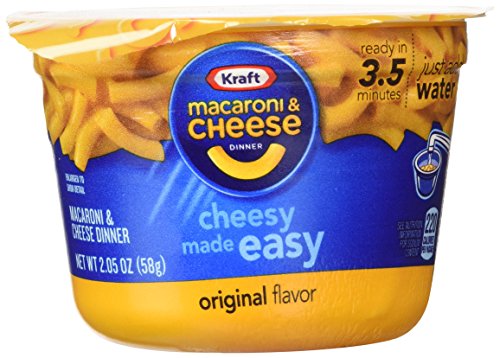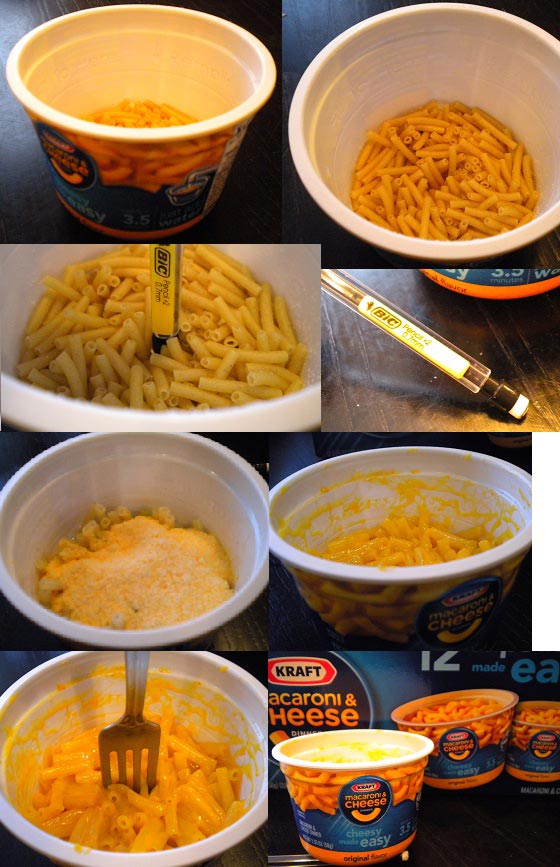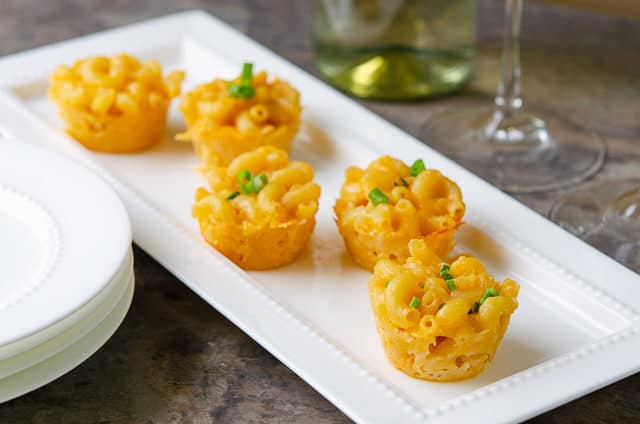


No matter the style of macaroni and cheese you make, it should be sufficiently saucy, which is to say it needs a good amount of liquid. It’ll still be delicious, but not as creamy. It doesn’t mean your sauce is inedible you may just need to lower your expectations. But unlike, say, mayonnaise, once dairy breaks, it’s often broken for good.

If, in adding cheeses, you find your sauce appears broken, you can occasionally remedy it by whisking in more milk (if too thick) or Cheddar (if too runny) while it’s still warm. They’re much better as a sprinkle here and there.īeware of too much experimentation, though. For example, resist the urge to melt your favorite creamy Camembert (too fatty) or salty Gouda (too grainy) into this sauce. There are many factors involved, including fat, salt, protein and water content, that make one cheese more suitable than another. Now, in a perfect world, any cheese worth eating would be a good candidate for your macaroni and cheese, but that’s not the world we live in. Whatever cheese you use, it’s always best to grate from a block rather than buying pre-grated cheese (which can contain additives to prevent it from clumping in the bag). Avoid ultra mild cheeses like Monterey Jack or Colby: While they are fine for melting, they lack the salt or tang to make them worth your while.Ī bit of Parmesan or pecorino (up to an additional 1/4 cup grated) can always be added for deeper flavor and saltiness, but too much and the sauce could become grainy. Fontina and Gruyère are richer and fattier and could cause a sauce to break if used on their own. To bolster flavor, adding a touch of something a bit more assertive like fontina or Gruyère is excellent, but be sure that at least half of the cheese used is Cheddar.

Sharp, extra sharp and sharp white are best. It melts wonderfully, never breaking or becoming greasy, with just the right amount of salt and tang. But the type of cheese can vary depending on the style of macaroni and cheese you are making and your preferred flavors and textures.Ĭheddar reigns here, somehow always behaving exactly as it should. On average, you’ll need a pound and a half to two pounds of cheese per pound of pasta. The rule for cooking with wine also applies to cheese: Don’t cook with anything you wouldn’t want to drink or eat on its own. The pasta will continue to cook in the cheesy sauce, which not only gains thickness from the noodles’ starch, but also deepens the flavor of the noodles themselves. Whatever shape or style you choose, it’s important to remember two things: Always cook the noodles in water that’s as salty as the sea to season them from the inside out, and make sure they’re cooked more al dente than you might think they need to be. Its length and curl perch perfectly on a fork, its ribbing is optimal for gripping luscious sauce, and its thickness (slightly thicker than elbows) decreases any risk of mushiness. (Like cutting a grilled cheese into triangles instead of rectangles, they may actually improve the taste of the finished product, if only in our heads.) Avoid long, thin shapes like spaghetti or linguine.Įlbow enthusiasts should also note that there’s a new kid in town: Cavatappi, a curly, ribbed noodle that’s longer than an elbow, may very well be the platonic ideal for baked macaroni and cheese. But you will want to make sure you stay within the world of tiny, tube-like shapes, or those undeniably cute little shells. All this is to say that plenty of shapes are suitable for macaroni and cheese (many of which come gluten-free). This includes tubes like ziti, penne, rigatoni and, yes, elbows, as well as corkscrew shapes like fusilli. Clockwise from top, shell pasta, cavatappi, elbow macaroni and penne cooked and coated in creamy sauces.īy definition, classic macaroni and cheese should be made with, well, macaroni, a style broadly defined as any short, cylindrical extruded pasta.


 0 kommentar(er)
0 kommentar(er)
